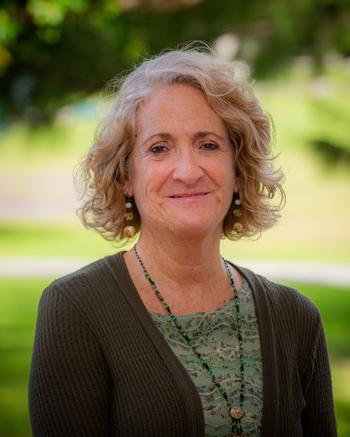Education
UOG Marine Lab receives designation as a nationally recognized Coral Reef Research Center
University of Guam February 29, 2024

Trainees at the University of Guam Marine Laboratory’s coral restoration workshop in August 2023 learn how nursery-raised corals are attached. (Photo courtesy of Natalie Scott, National Park Service)
The National Oceanic and Atmospheric Administration (NOAA) has designated the University of Guam Marine Laboratory as a nationally recognized Coral Reef Research Center.
The designation opens additional stewardship partnership opportunities for the Marine Lab and makes it eligible to apply for more grants toward coral conservation. The Marine Lab also becomes eligible to apply for next-level designation as a Pacific Reef Research Coordination Institute.
“The success of implementing the (Coral Reef Conservation Act) depends on the involvement and collaboration of partners, such as you,” writes Jennifer Koss, Program Director of the NOAA Coral Reef Conservation, in a February 22, 2024, letter, informing the UOG Marine Lab of its latest recognition. “We thank you and look forward to partnering on conserving our nation’s coral reefs ecosystems.”
Dr. Laurie Raymundo, UOG Marine Lab Director, said the designation proves that the Marine Lab produces highly competitive and productive research projects in Guam and the Micronesia region. One recent research involved a partnership with National Geographic Pristine Seas.

Dr. Laurie Raymundo (Photo courtesy of University of Guam)
The Marine Lab has applied for and received NOAA funding consistently for decades.
“The UOG Marine Lab has been a recognized area of Micronesia marine research since its inception, but we have grown particularly quickly and increased our productivity significantly over the past 10 years,” said Dr. Raymundo. “I think this has been noticed. Federal funders appreciate grantees that handle their money responsibly and put it to good use, to ask relevant research questions, train students, and publish their results.”
More funding opportunities for climate change research
With NOAA’s increased funding opportunities, particularly for climate research, the UOG Marine Lab now is more competitive in applying for grants.
“More funding means greater capacity to fund more students—it’s a direct relationship,” Dr. Raymundo said.
UOG President Anita Borja Enriquez said the UOG Marine Lab has consistently shown excellence in championing the conservation of coral reefs in the Micronesia region. “Being nationally recognized as a Coral Reef Research Center adds another level of confidence to the quality of research and faculty at the Marine Lab,” Dr. Enriquez said.
The Marine Lab generally has 35 to 40 graduate students at any given time. Most of them have graduated within three years, with two to four students receiving their Master of Science in Biology degree per semester.
The Marine Lab has also opened its doors to undergraduate and high school internships through National Science Foundation programs. One of the programs is called Estab-lished Program to Stim¬u¬late Com¬pet¬i¬tive Research (EPSCoR), and the other is the Inclusion across the Nation of Communities of Learners of Underrepresented Discoverers in Engineering and Science (INCLUDES) program.
The high school and undergraduate-level internships have become a pathway for students to receive their bachelor’s or master’s degrees through the Marine Lab, Dr. Raymundo said.